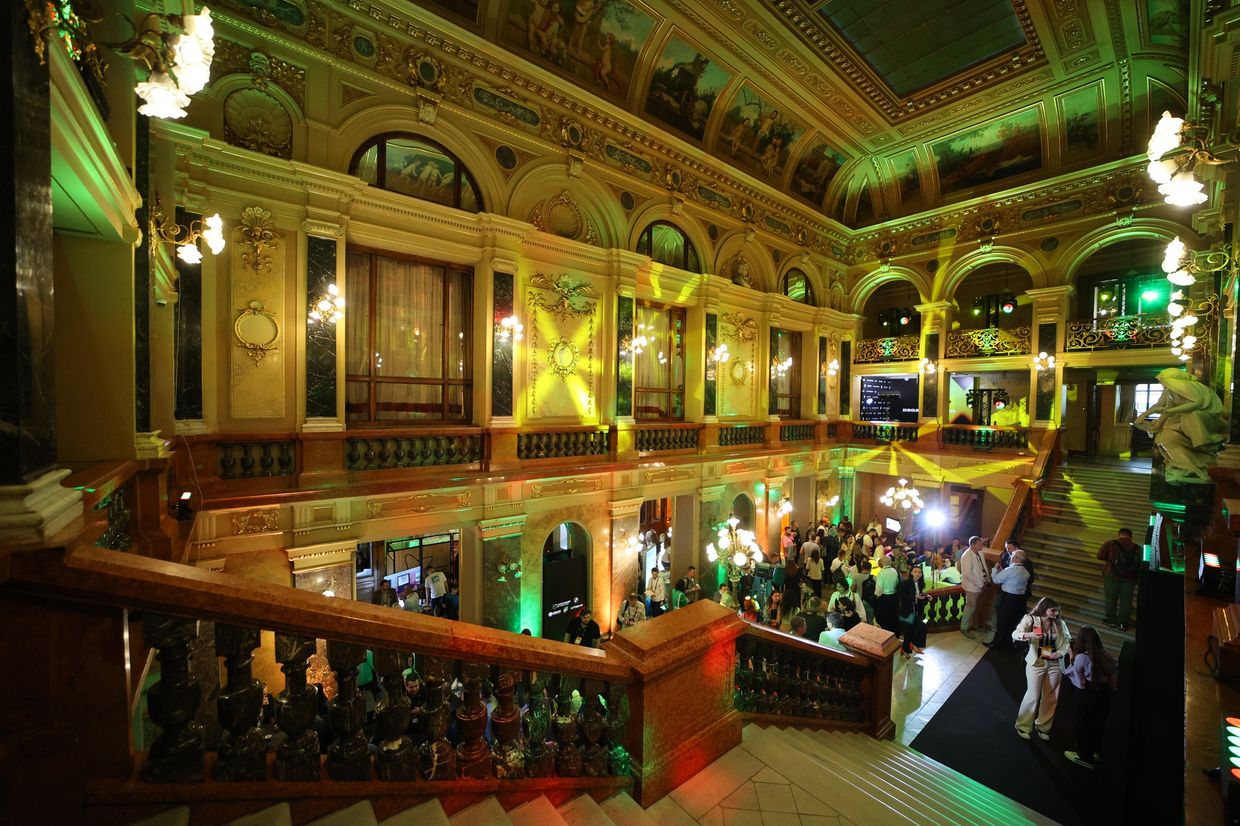Ukrainian wine and beer make a splash in Denmark with help of local entrepreneur

Horrified by Russia’s full-scale invasion of Ukraine, Danish businessman Brian Karstens was eager to help but knew his days of picking up a gun in the military were long behind him.
As domestic demand in Ukraine plummeted as a result of the war, Karstens, then-Category Group Manager for Beverages at Coop Denmark, one of Denmark’s leading retailers, saw an opportunity to open the door to Western markets for Ukrainian brands.
Last summer, he joined forces with the State Institution "Entrepreneurship and Export Promotion Office of Ukraine" (EEPO) and the Federation of Employers in Ukraine to find partner companies for Coop.
After 32 meetings, Coop finalized contracts with several companies and began importing wine, beer, vodka, sunflower oil, frozen berries, cheese, and other Ukrainian products to Denmark.
The idea behind the move was to help Ukrainian businesses now, so that when the war is over, they will already have a foothold in European markets.
“When people are in need or in trouble, don't give them fish, give them a fishing rod,” Karstens said.
Although no longer with Coop as of March, Karstens is continuing his work of bringing Ukrainian products to Denmark, setting up the Trade4Aid organization in August that aims to help Ukraine’s war effort through imports.
“I started up negotiations with various suppliers in Ukraine and soon picked up some of the companies that Coop wasn't going to do anything with,” he said.
Trade4Aid has support from EEPO and is currently working with Shabo wine producers from Odesa, Lviv Handmade Chocolates, and the Mova Brewery in Dnipro.
The first products through Trade4Aid have already begun arriving in Denmark. The organization distributes Ukrainian products to third-party retailers and sells them on its website as gift sets in the lead-up to Christmas.
Ukrainian quality wins over consumers
Like many foreigners, Karstens had little knowledge of Ukraine prior to Russia’s full-scale invasion. The high quality of Ukrainian products has been one surprise to the businessman.
He believes Ukraine can take advantage of its international attention to impress foreign markets and shake off any residual Soviet-era stereotypes.
To highlight the products’ war-torn origin, they are packaged in blue and yellow, the color of the Ukrainian flag. But Karstens is certain the quality of the products will hold their own without the distinctive packaging.
Karsten says that beverages are proving to be popular amongst Danish consumers, particularly beer and wine. But according to the businessman, Danes are hesitant to try new food, so Trade4Aid is shifting focus to non-edible goods such as clothing and kitchenware.
With a positive reception so far, Karstens sees potential not just in Denmark but internationally.
Trade4Aid has already signed a contract with a Finnish company while another team member is in talks with some of the biggest retailers in the UK.
Challenges amid war
While the project is off to a solid start, it isn’t without problems. Karstens found himself in uncharted territory as he navigated the complications of a country at war and took the lead in guiding Ukrainian enterprises that had little knowledge of trade with Western Europe.
Delivery logistics are a particularly irksome thorn in the side of Trade4Aid. “Getting samples out of Ukraine is a nightmare,” Karsten says.
“Some of the companies had to send a guy to Moldova or Poland to go into a DHL store and then send the goods to Denmark because you can't send food by DHL in Ukraine.”
The costs are eye-wateringly expensive. Karstens forked out 540 euros just to send three boxes weighing eight kilograms from Kyiv to Denmark via DHL.
Waiting times on the border are also proving to be a headache.
Products from Ukraine’s south, such as Shabo wine, make their way to Europe via Moldova while others enter through Poland and endure unpredictable waiting times at the border crossings. Karstens is also unphased by moments that might deter other foreign traders.
A Russian cruise missile interrupted a meeting in Odesa as he sat in a courtyard with the Shabo team sampling sparkling wine.
“I heard an explosion and they said Russians are firing on an army installation not so far away. They just laughed and said, ‘Let them do it. Nobody's there anyway.’”
Despite the challenges, Karstens wants others to go into business with Ukrainian companies and foresees a long-term market for Ukrainian products.
“There are some obstacles in Ukraine, but you also have obstacles dealing with other countries,” he said.
“I think that people will be surprised by the professionalism in manufacturing goods in Ukraine.”











